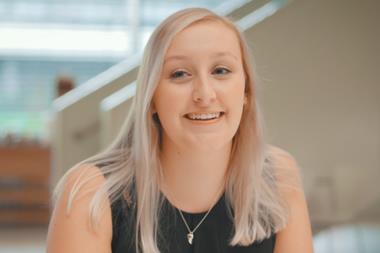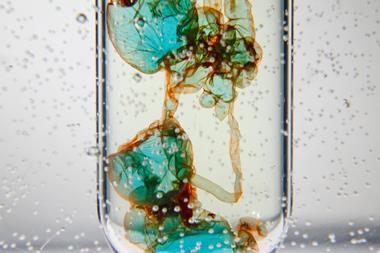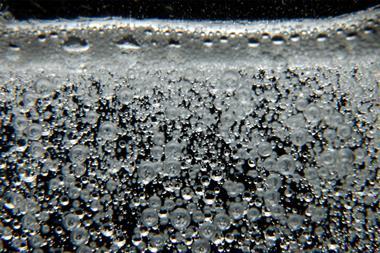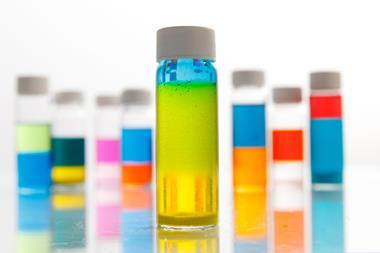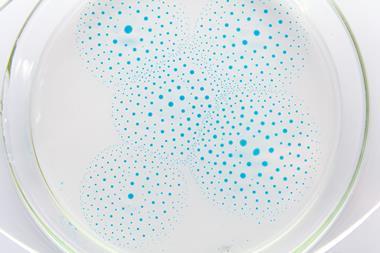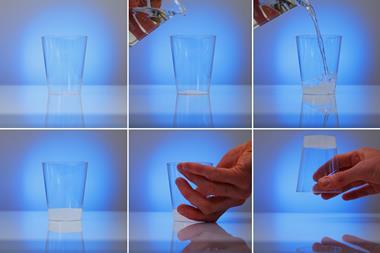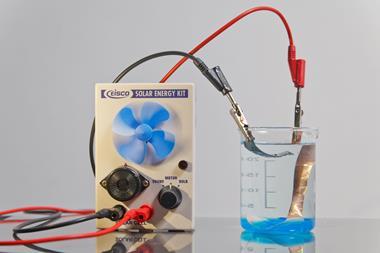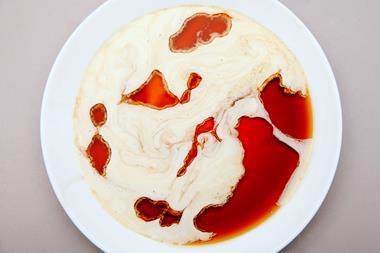Everything you need to know
-
- Salary range: £40k+
- Minimum qualifications: Degree-level qualifications (including master’s) or PhD or equivalent experience
- Skills required: People-management skills, strong communication skills, problem-solving skills, analytical skills, project-management skills.
- Training required: Managerial and leadership experience required from previous roles.
- Work–life balance: This role would likely involve working structured, business hours and there may be opportunities for hybrid working and working flexible hours. A senior role like this would likely involve working overtime.
- Locations: Find related work experience positions using our map of employers
More profiles like this role
What is a director of medicinal chemistry?
My job as a director of chemistry is to look after a department of about thirty people and the aim of the department is to discover new medicines, so we’re at the forefront of medicinal research. That’s not just chemists who can discover the medicines, we work with colleagues from biology and other disciplines as well but we’re responsible for actually designing and making the potential drugs.
What do you do in your job?
I don’t practice chemistry in the practical sense, but I oversee the work of the guys who are working in the labs. They spend the majority of their day at the bench or at the fume cupboard performing practical reactions, because all of our drugs are synthetic molecules and they need to be able to put these molecules together using the organic chemistry techniques that they’ve learnt during their training.

We employ a number of different people with chemistry backgrounds, in the medicinal chemistry department we’re looking for people who have specialised in organic chemistry and in particular synthetic organic chemistry, but within the company we also employ molecular modellers or computational chemists, people who’ve done analytical chemistry backgrounds and other physical chemistry backgrounds.
How did you get into your job
Well I think chemistry is really exciting and that was really the thing that got me hooked at the beginning, and so I’d really encourage people who are interested in chemistry to pursue it to higher education standard, it really is an interesting subject.
As regards the pharmaceutical industry, the thing that really caught me was trying to use the chemistry skills to influence biological processes, and also people say that you hope that the work that you do will be of benefit to others.
What advice would you give for people wishing to enter your career area?
When I’m looking for someone to join the medicinal chemistry department firstly we want someone who’s got a good, sound knowledge of organic chemistry in particular, that’s a prerequisite, we also look for people to have some form of research experience, be that as a result of an industrial placement year or a vacation work, either an industrial or an academic laboratory or some substantial research project they may have undertaken, at their degree level.
We employ people at degree level and PhD level, so you have to have done some further education in chemistry. Another important aspect of our work is working in teams, we work in teams of chemists and multi-disciplinary teams, and so team-working skills are very important to us, and so we’d look for evidence of team-working skills with individuals. We’d also be looking for people who are self-starters, some evidence you can drive your own work without being spoon-fed information all the time.
First published 2008








